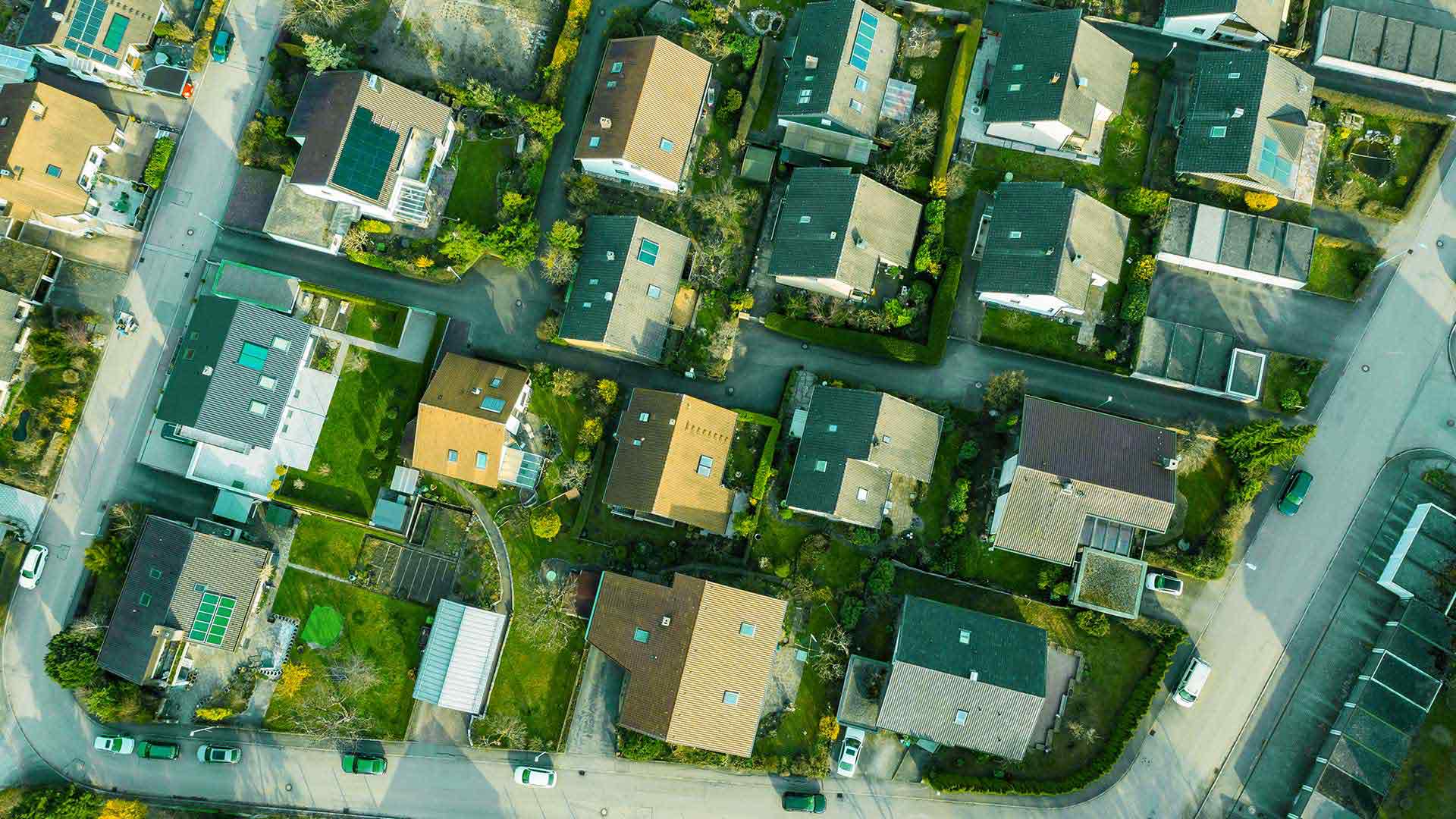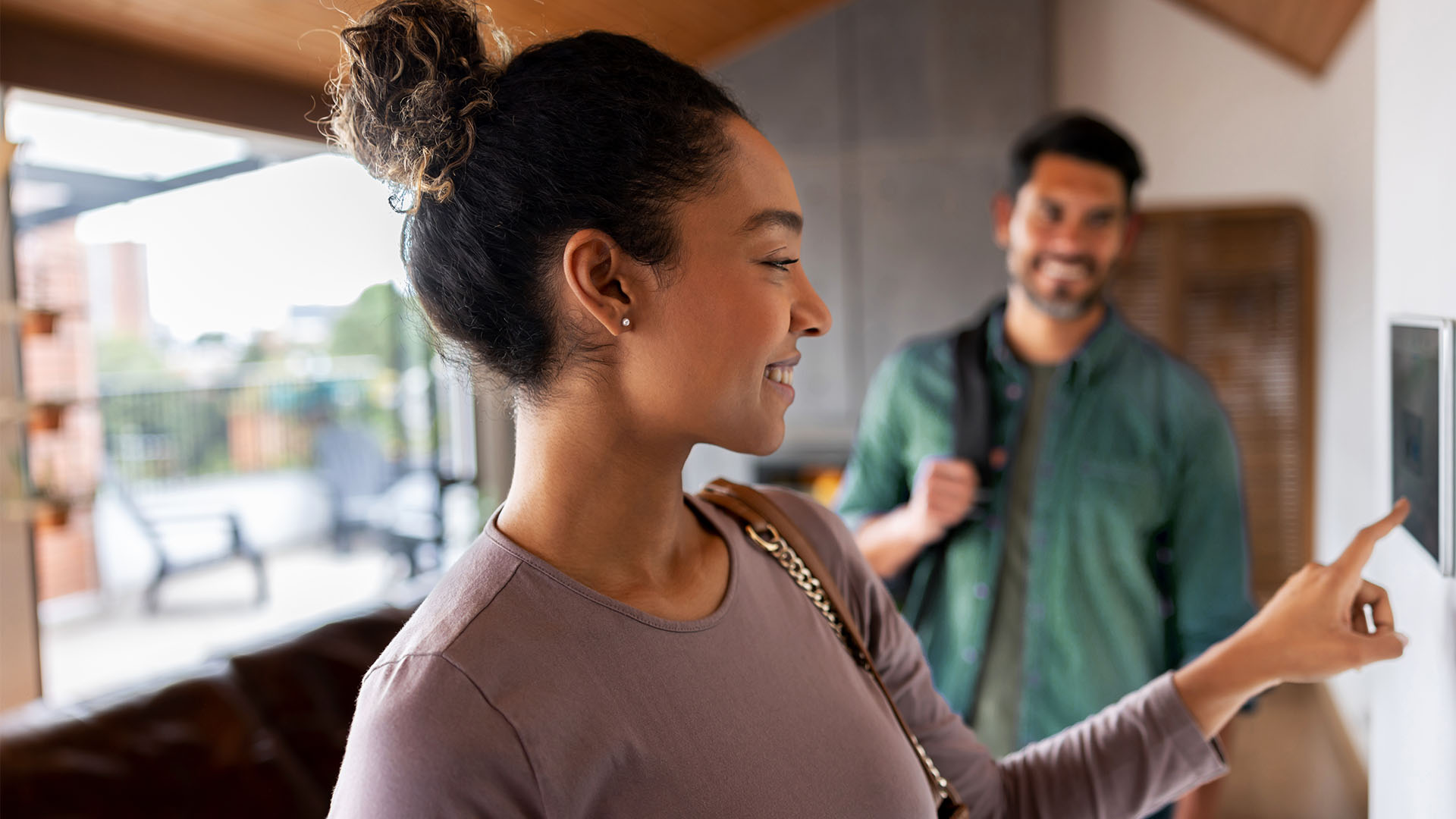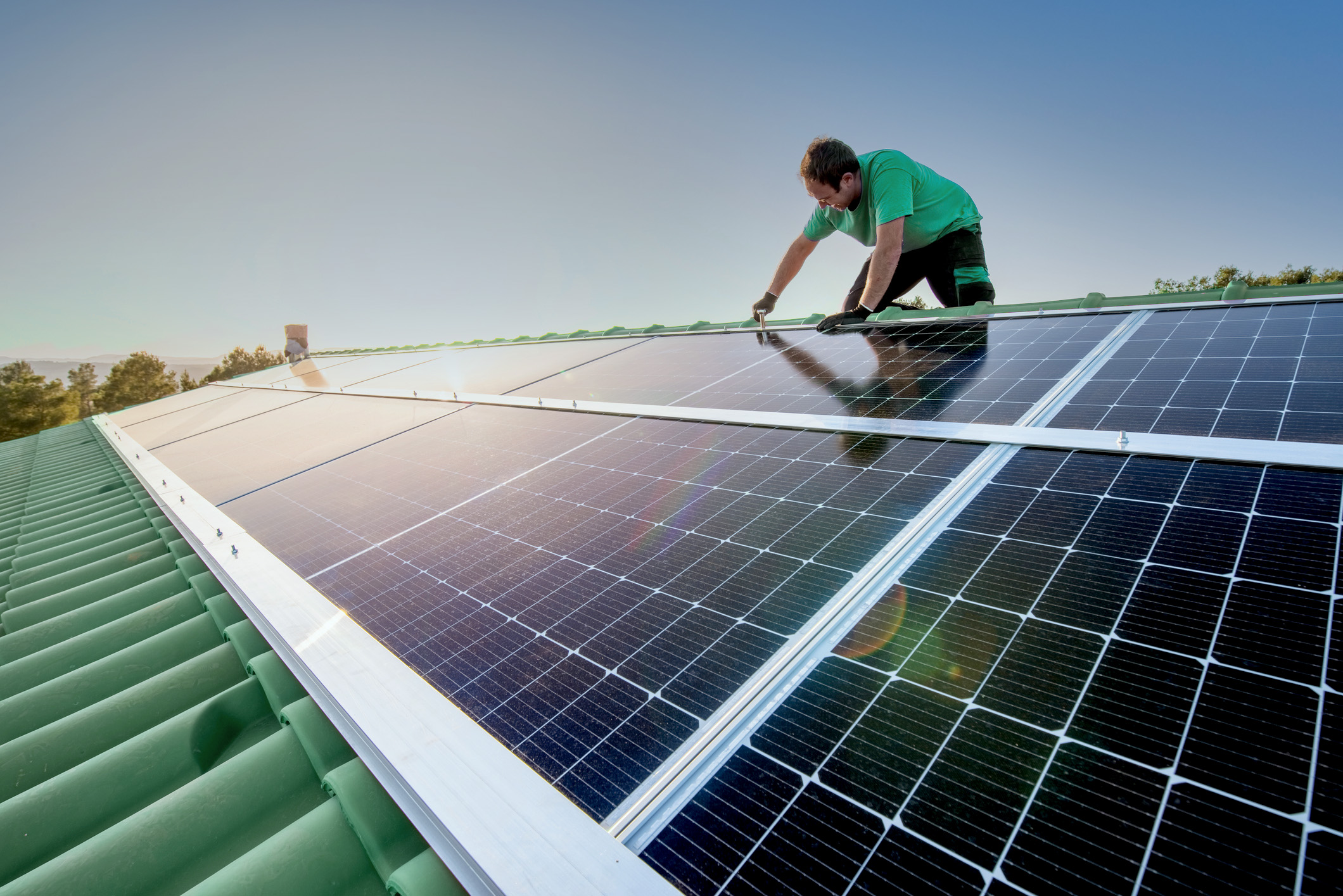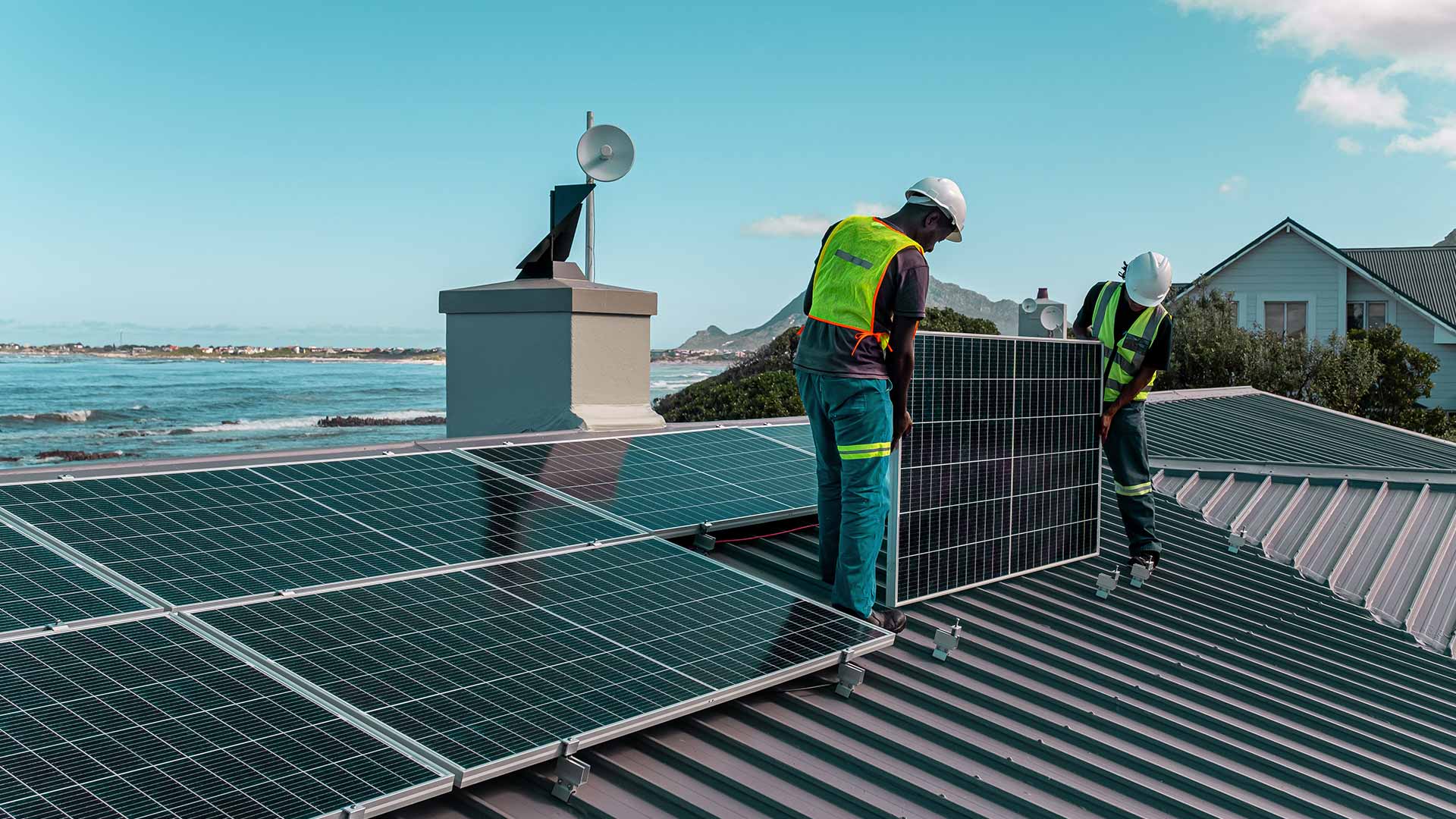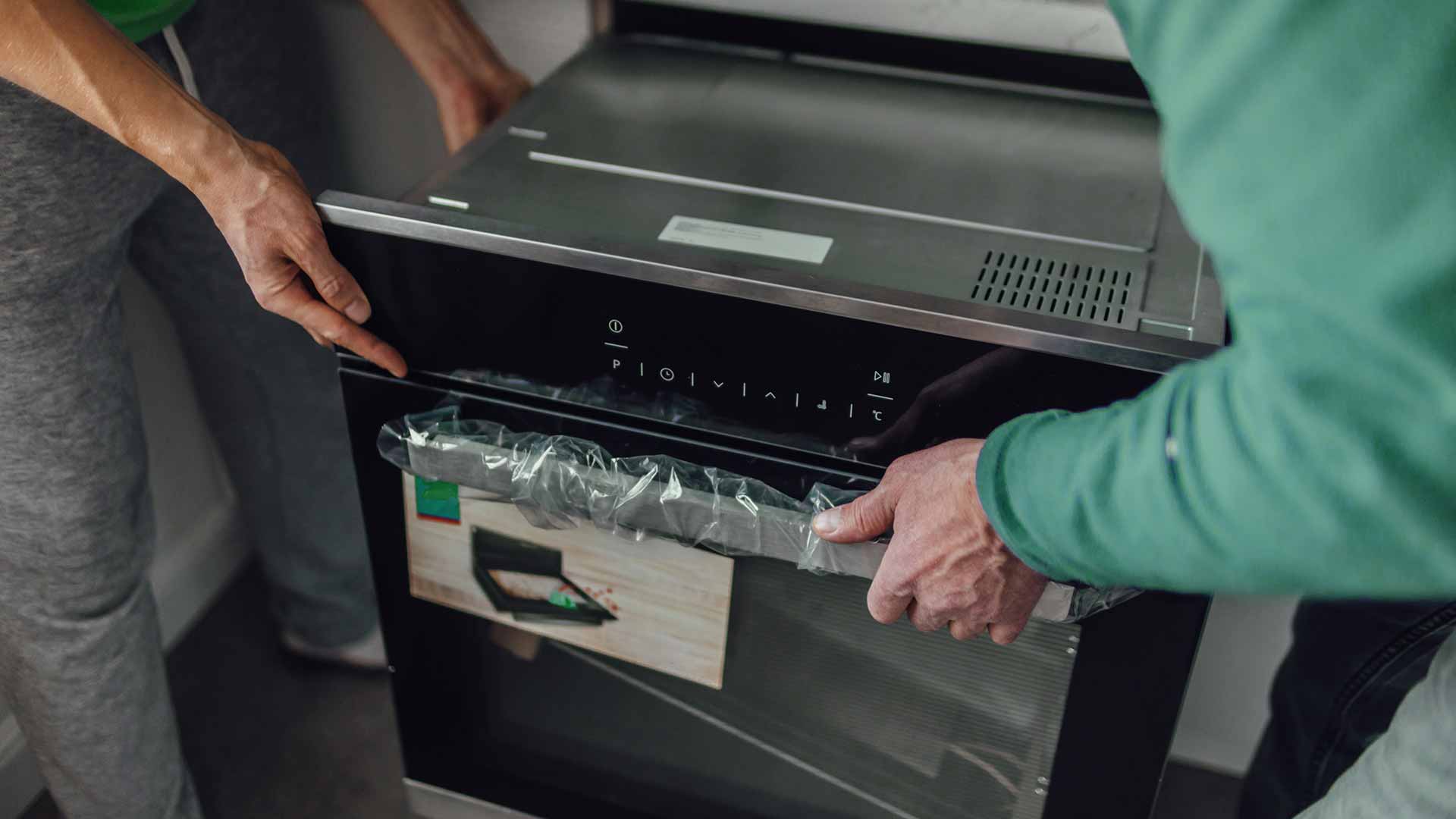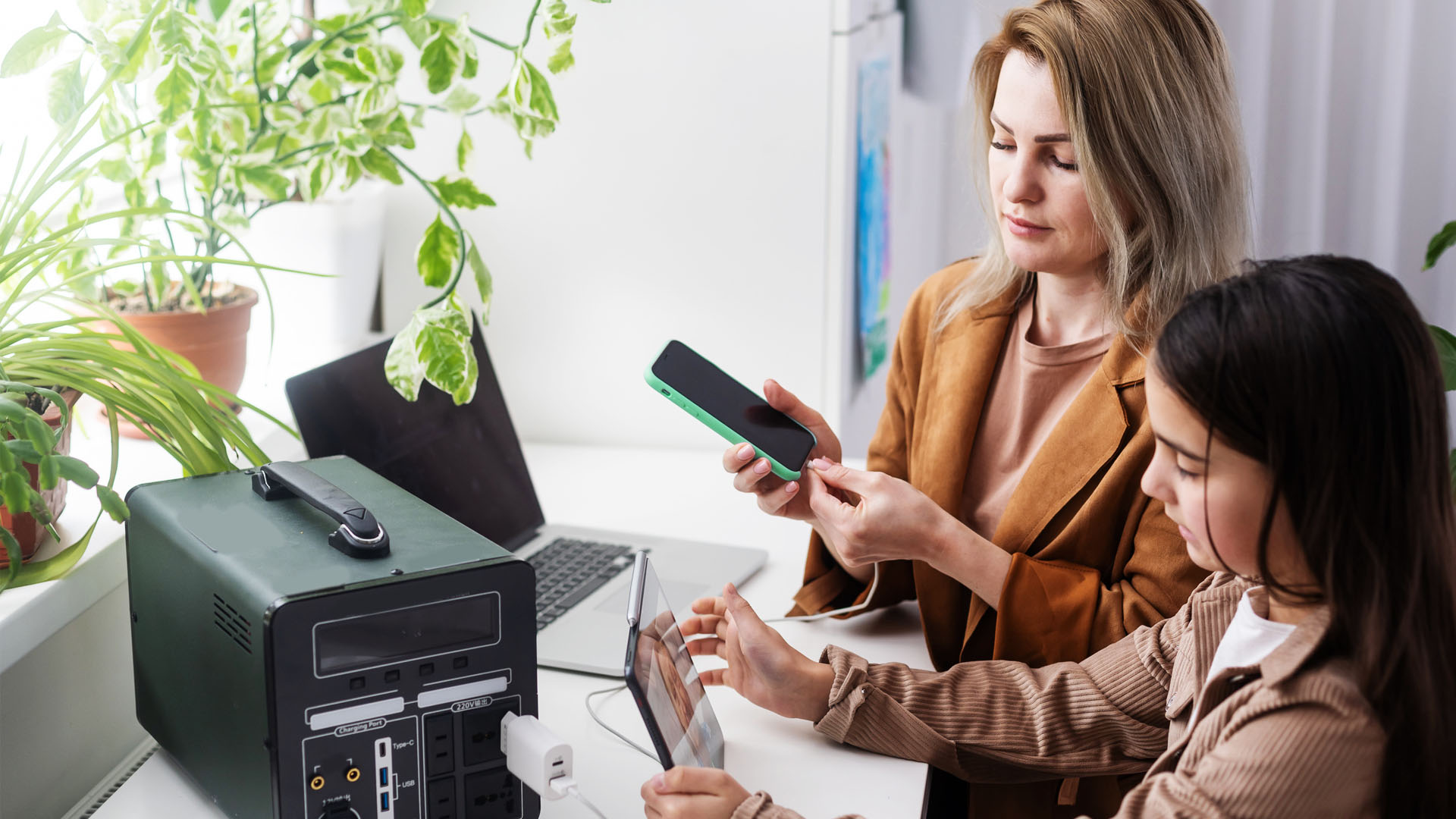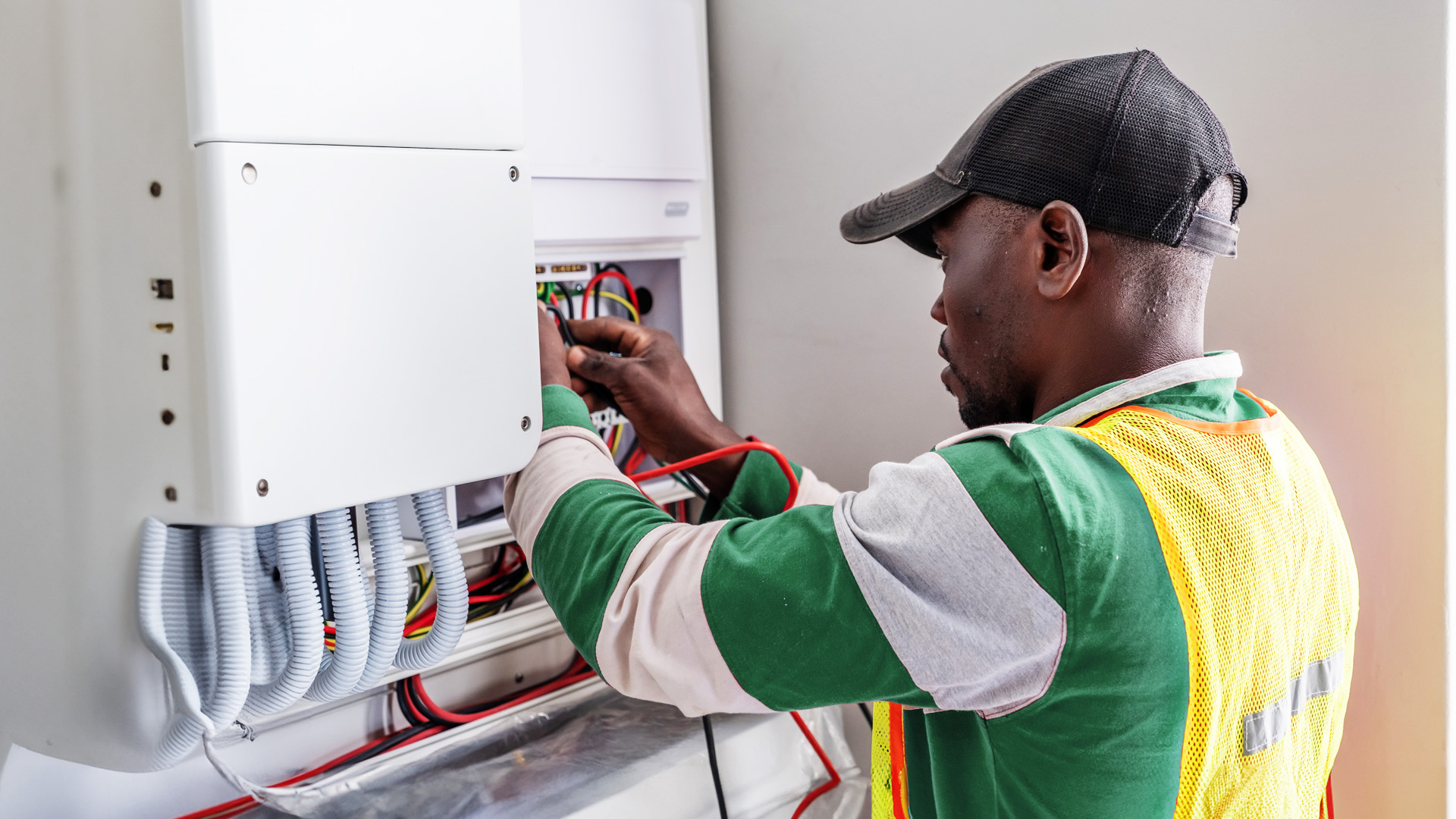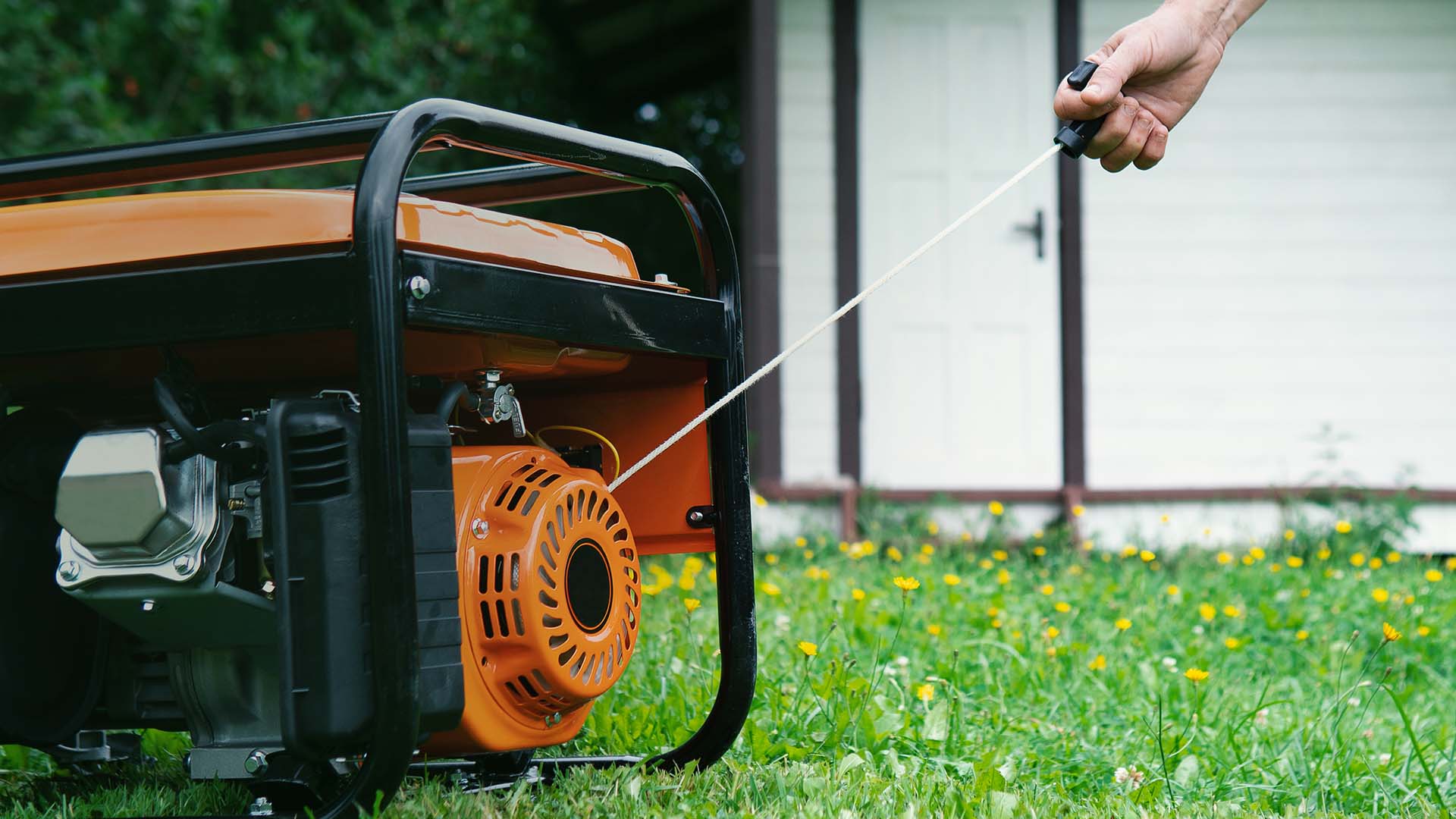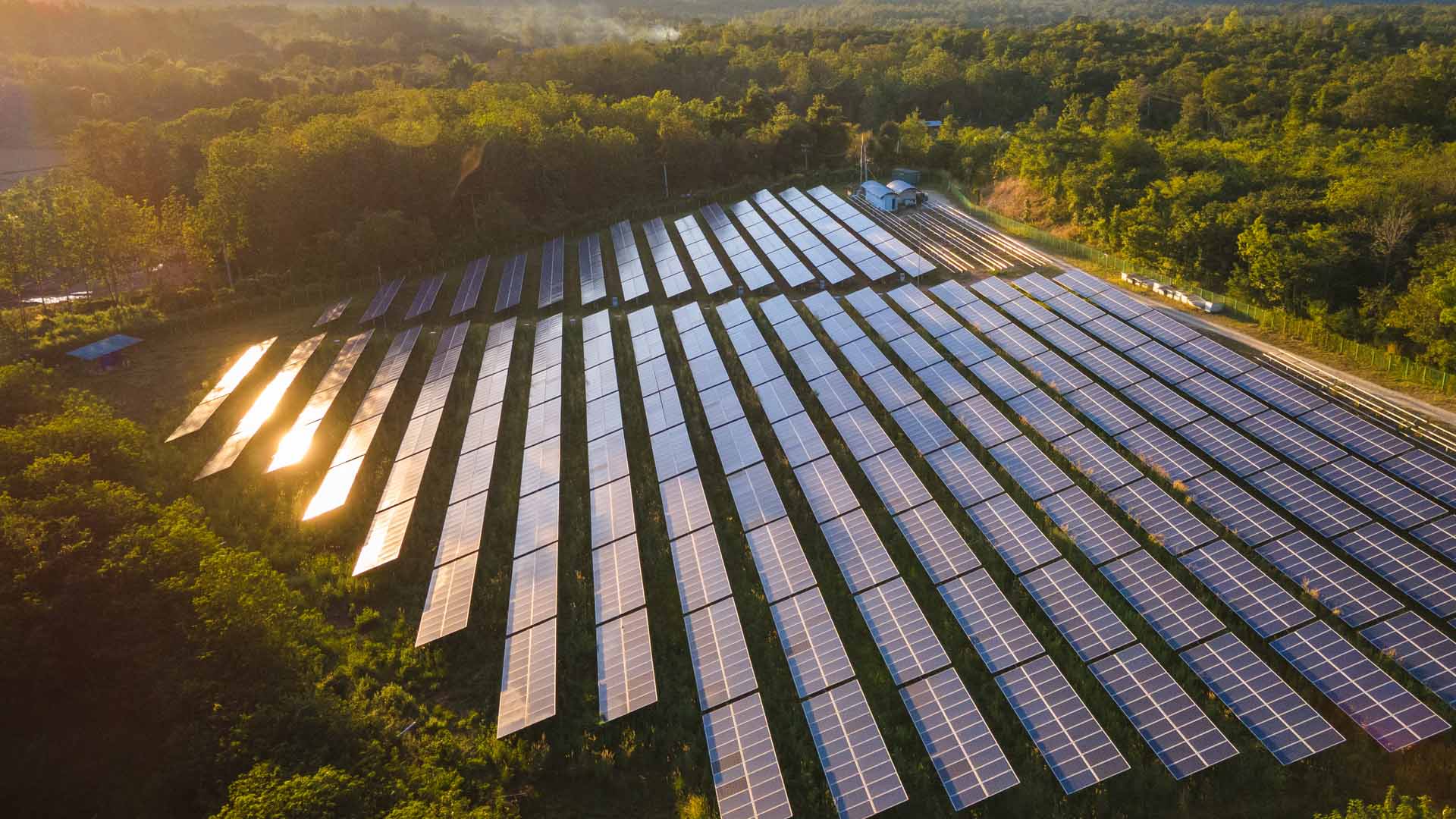Power blackouts are a daily reality in South Africa, and many South Africans are installing solar energy systems to ensure an uninterrupted supply of electricity during load-shedding.
Installations must be done by a certified professional who can install your solar power system properly to avoid potential accidents. Faulty wiring or poor-quality lithium-ion batteries could cause a fire that destroys your home.
The boom in demand for solar installation has encouraged some operators to enter the market without the necessary experience or qualifications to make sure your system is installed safely. They’re best avoided. Just as you’d only hire a registered NHBRC builder to build or renovate your house, you should only hire an accredited service provider who knows what they’re doing to install solar in your home.
Proper solar installation means safety first
There have been a couple of solar-related emergencies recorded in Gauteng already. Robert Mulaudzi, a spokesperson for Johannesburg Emergency Medical Services (EMS), recalled EMS firefighters saving two houses in Kelvin and Randburg from fires apparently caused by solar panels that were connected improperly. ‘It looks like it was faulty wiring,’ he said. ‘The damage was extensive, and the roof of both houses collapsed.’ Thankfully, there were no casualties.
In both cases, the fires were caused by how the solar system was installed – not the system itself. The advantages of solar power outweigh the disadvantages, and the technology itself is safe, provided you use quality components. Installing it safely and connecting it correctly to your business or home electricity supply are also crucial.
Here are a few more pitfalls to look out for if you’re embarking on a solar journey:
Common pitfalls to avoid with solar installation
- Lack of research
No matter how determined you are to reduce your reliance on Eskom, and no matter what everyone around you is saying, you still need to do your own research into solar energy. It’s a new field for all of us.
Learn how solar panels work and know which other components you need, to integrate them into your power supply. You can learn a lot from solar professionals about how different systems work. They can also advise you on the components that you need to build a reliable electricity backup.
Knowing a bit more about the subject will also help you evaluate competing sales pitches.
- Poor planning
If you don’t work out how much energy you need, how much space you have on your roof, or how much shade there is, your system may not work as well as it could.
Get to know the rules in your complex or area before you contract a professional to install your system. Plan the project carefully. Get expert advice, starting with an energy audit, and let the experts design a system tailored to your needs and goals.
You can save money in the long run while always having clean, reliable power on hand
- Not comparing quotes
Quotes should break down the prices for each component and service in the installation process, as well as maintenance costs after the installation.
Make sure you’re not comparing apples with oranges. If one quote is attractively low compared to the others, check that the installer will be using the same quality components that the other quotes offer. Some installers are not as qualified and experienced as others – solar-installation specialists may charge more because they’re well established in the field with a long list of satisfied customers and successful installations.
If you’re set on having specialists install your system so you can be sure you’re getting quality, you may have to pay more and wait longer for them to be available.
- Getting the wrong size system
If you install a system that’s too small, it might not produce enough power for your needs. A system that’s too big will cost more than you need to spend, especially when we do not yet have clarity on whether or when individual homeowners will be able to sell power back to the grid. This is why doing an energy audit on your needs before you start is so important.
The effectiveness of your solar installation doesn’t depend only on how many panels you put on your roof – it also depends on how much electricity you can store, and how much you use running the various appliances in your home or business.
- Poor site choices
Shade from nearby buildings, trees or chimneys can make solar panels less effective. It’s also dangerous to install solar panels if you haven’t checked that the roof can bear the weight, or if it needs repair.
Do a complete assessment of the site, considering things like sun exposure, obstacles casting shadows, orientation of the panels to the sun, and the condition of the roof.
- DIY and dodgy operators
No matter how handy you are around the house, it’s not a good idea to try to install solar yourself. And while there are dozens of solar photovoltaic (PV) installation companies being launched every month to cope with the demand, take note that anyone can open an installation company. They would need a certified electrician to provide an electrical certificate of compliance on each installation, as required by your municipality and your insurer.
However, all that proves is that the solar PV system – the panels, inverter and batteries – are connected to each other and your home’s distribution board correctly. Using a certified electrician alone is no guarantee of the quality of the components, or the structural safety of the installation.
For your own peace of mind, get quotes only from certified electrical engineers, or from installers registered with the South African Photovoltaic Industry Association (SAPVIA).
This non-profit solar PV industry body was set up in 2010 to promote and develop best practice in the local industry that now has almost 700 members. To be registered as accredited SAPVIA installers, members must be registered with the Department of Employment and Labour and have completed the Solar PV Assessment to prove they are competent.
Registered installers will be able to give you an electrical certificate of compliance and a PV GreenCard that lists the details of all system components and the required steps completed in the installation. It is your assurance that the installation complies with relevant standards and safety guidelines.
Choose an installation company with a good reputation and a proven track record. Ask for references, read reviews online, and get multiple quotes before you make a choice.
- Ignoring maintenance
If you don’t follow the manufacturer’s instructions on maintenance and regular system checks – including cleaning the panels, checking connections and monitoring energy production – the system could malfunction or break down.
Hire an installer whose quote includes a maintenance plan and regular check-ups to keep your system working the way it should.
Generating your own electricity through a solar energy system is invaluable, but to make the most of it, you need to avoid these common mistakes. Follow these tips, and you can save money in the long run while always having clean, reliable power on hand.
Let Nedbank finance a solar system for your home through your home loan or asset financing. Explore your solar options with us.
Disclaimer
Please note that all costs and financing options quoted in this blog were correct at the time of publication, but are subject to change without notice. Although we update the blogs regularly to keep the information up to date, clients are advised to check current costs and finance options with service providers before making any commitment to solar installation.
